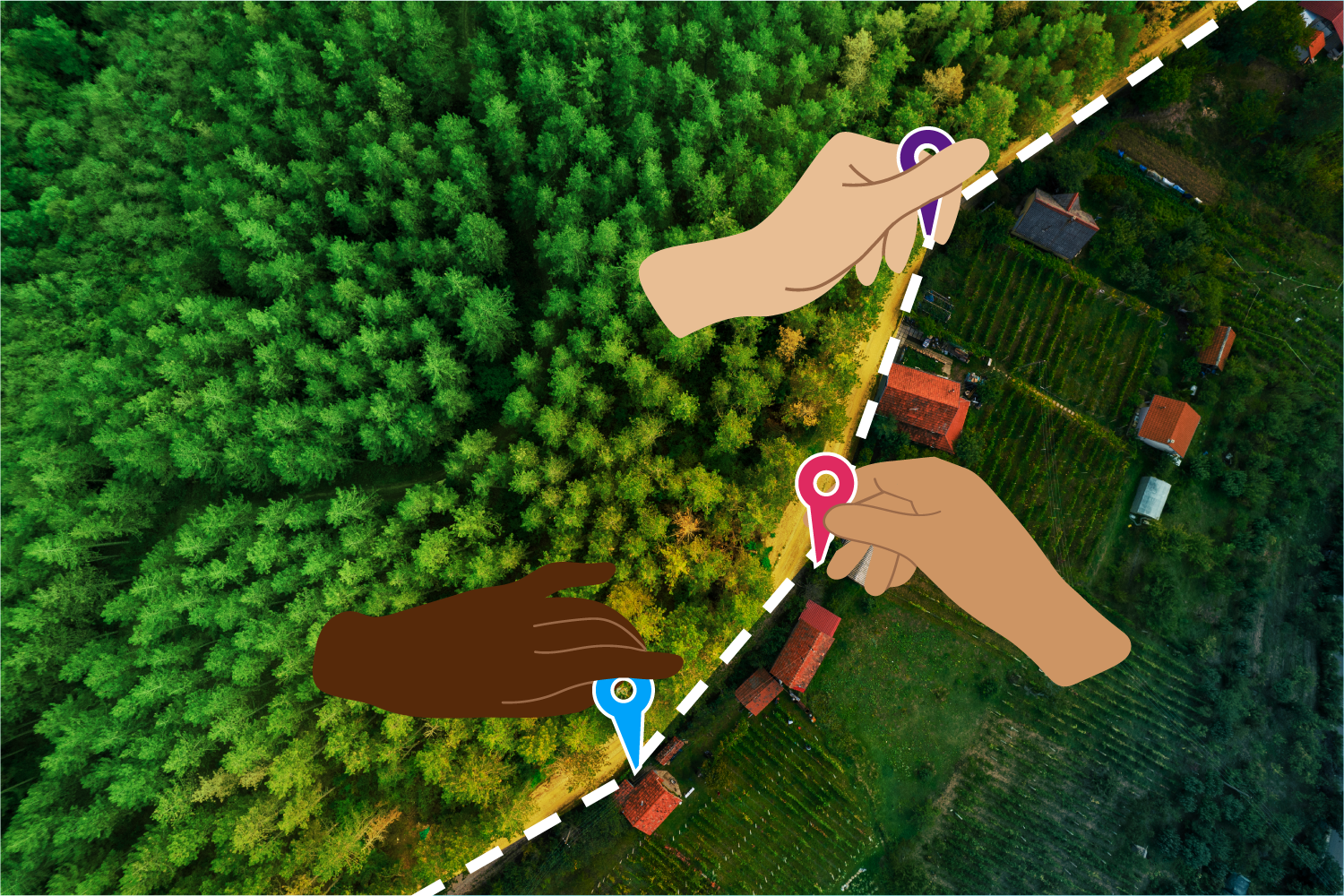In 2024, there is growing concern over the impact that artificial intelligence (AI) could have on our elections.
To help mitigate these risks, Aspen Digital’s AI Elections Advisory Council is publishing three risk checklists detailing recommendations for election administrators, social media and messaging platforms, AI labs and companies, as well as news media, advocates, and civil society.
Hyperlocal Voter Suppression
For years, bad actors have attempted to reduce turnout by spreading false information about when, where, and how to vote.
AI tools can generate convincing content quickly, including personalized details and interactive exchanges that add credibility to false information. These tools make text message campaigns, interactive robocalls, and fake local news websites cheaper to run at scale.
Language-Based Influence Operations
Disinformation doesn’t just spread in English.
AI reduces the effort needed for bad actors to create malicious content in any language by automating translation and making it easier to use idioms and slang correctly to appear more legitimate.
Deepfaked Public Figures
As AI technologies improve, it has become easier and easier for bad actors to create fake malicious content depicting a public figure saying or doing something that they did not.
Low trust in news media and civic institutions can make people more vulnerable to these deceptions.




